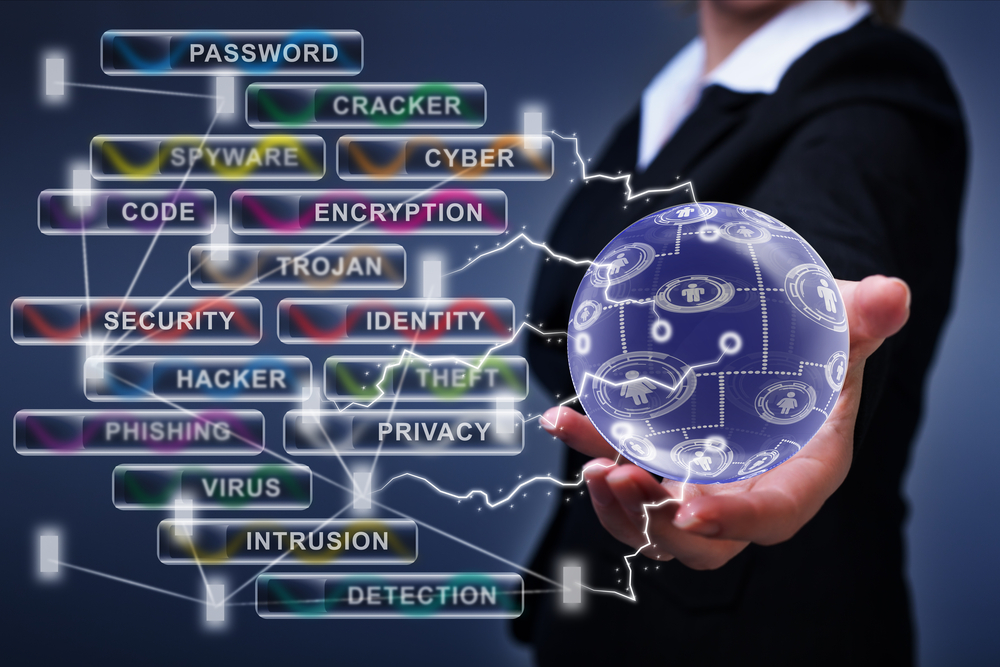Research by Alert Online goes to show the majority of Dutch Internet users are not prepared for future cyber attacks. In fact, the community knows far too little about the dangers lurking around every corner. Nor do they know how to sufficiently protect their devices and systems against ransomware, malware, and phishing attempts.
Alert Online is an initiative created to promote cyber security in The Netherlands. Similarly to any country where the majority of residents are connected to the internet, there are plenty of people who are not keeping tabs on security matters. The Cybersecurity Skills and Awareness In The Netherlands 2016 report paints a very worrisome picture in this regard.
The Netherlands Needs Cyber Threat Education
To be more precise, over half of the respondents indicated they had never heard of ransomware before. This is quite surprising, as this type of malware has been making headline news for months on end now. While it is understandable, not everyone knows everything going on in the security world, topics like these should be well-known among general users.
This is why the Alert Online campaign was created in the first place, as there is a dire need to educate the masses on cyber security. Making The Netherlands safer in the online world is the number one priority right now. Two hundred different entities will kick off this large-scale cyber security educational campaign, which runs until October 14.
With the majority of Dutch computer users underestimating the risks of cyber threats, there is plenty of work to be done. Nearly 7 in ten respondents indicated they are not concerned about cyber security at all. After all, a hack or a ransomware infection would never hurt them personally. It is precisely this kind of approach that makes internet criminals double down on their efforts.
To make matters even worse, the majority of Dutch computer users does not run automatic updates on their computer. Even though this percentile has been declining over the years, 52% of respondents admitted they still don’t update frequently. Moreover, the same group of people doesn’t make [regular] backups of critical data. If they were to be hit with a severe attack, they would lose a lot of data and money.
Protecting oneself against cyber threats is not overly difficult. Granted, it is not convenient to do so, but neither is dealing with a hack or malware attack. Make regular backups, update software automatically, and do not trust every link or email attachment you see. Following those simple guidelines will nip most cyber attacks in the bud at an early stage.
Header image courtesy of Shutterstock
